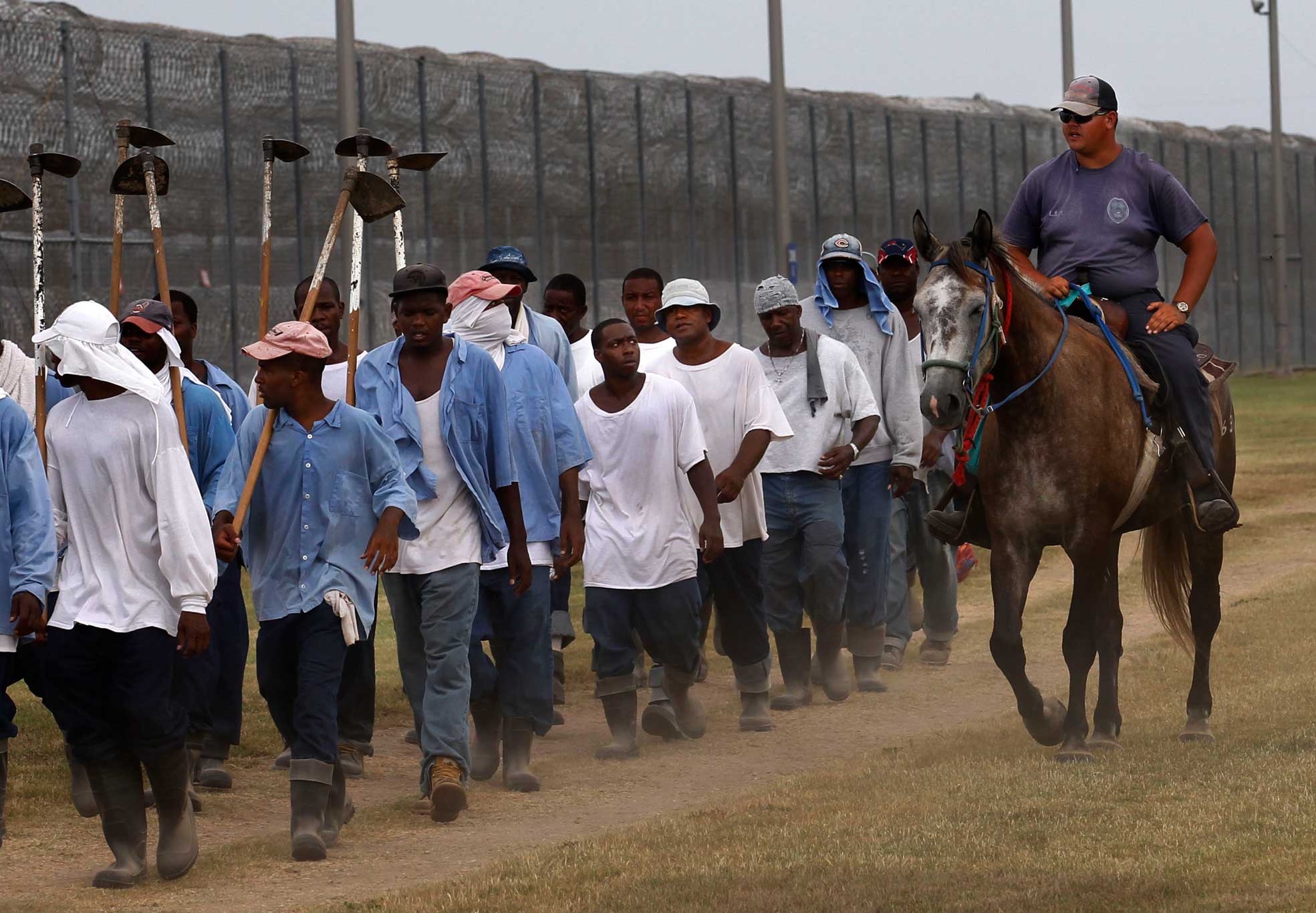New Report Highlights Persistent Racial Disparities Among Wrongful Convictions
Innocent Black people are 19 times more likely to be wrongly convicted of drug crimes.
09.27.22 By Innocence Staff
*Read our executive director Christina Swarns’ op-ed in the Los Angeles Times on how racial bias drives wrongful convictions and distorts the administration of justice.
A new report on race and wrongful convictions has confirmed some alarming racial disparities in the criminal legal system.
Entitled “Race and Wrongful Convictions in the United States 2022,” the report, which analyzes exonerations for murder, sexual assault, and drug crimes since 1989, was published today by the National Registry of Exonerations — a research project of three universities that documents and studies exonerations and wrongful convictions.
To date, the registry has documented more than 3,200 people exonerations in the last 33 years, and more than half of those people are Black, according to the new study.
“The report really shows the depth of the belief that race is a proxy for criminality in the criminal legal system,” Innocence Project Executive Director Christina Swarns told Yahoo News.
While the study examined data from exonerees of all races, national criminal justice statistics are not complete or accurate enough to allow for meaningful systematic comparisons of wrongly convicted Latinx people, Asian Americans, Indigenous people, and other populations. But the report’s findings on disparities in wrongful conviction between white and Black Americans are damning, and reflect what we’ve seen in our work at the Innocence Project.
While Black people make up just 13.6% of the U.S. population, they accounted for 53% of exonerated people. Similarly, of the approximately 240 people the Innocence Project has helped free or exonerate, 58% are Black.
“It’s hard to wrap your head around how much of a failure this is that we have jurisdictions that fail people this spectacularly, and then refuse to acknowledge it and then refuse to sort of make it right … The weight of all of that and the burden of trying to correct all of that is carried by my clients, which is insane to be charitable,” added Ms. Swarns.
The National Registry of Exonerations’ report highlighted particularly shocking disparities between races among wrongful drug convictions. About 69% of people exonerated from drug crimes were Black and 16% were white, despite studies showing that white and Black people use illegal drugs at similar rates. And of the nearly 260 people who were exonerated in individual cases in which they were deliberately framed for drug crimes by corrupt police officers, 87% were Black.
“The report really shows the depth of the belief that race is a proxy for criminality in the criminal legal system.”
Besides these individual cases, another 2,975 innocent people have been exonerated en masse in large-scale scandals involving police deliberately framing people for drug crimes. These large-scale group exonerations are mostly considered separate from the National Registry of Exonerations’ main tally of exonerated individuals because they were exonerated in groups based on patterns of misconduct that were uncovered, as opposed to investigations into individual cases resulting in individual exonerations. Among those whose names were cleared in these group exonerations, the overwhelming majority of these people were Black.
“Of the many costs that the War on Drugs inflicts on the Black community, the practice of deliberately charging innocent defendants with fabricated crimes may be the most shameful,” wrote University of Michigan Law Professor Samuel Gross, lead author of “Race and Wrongful Convictions 2022” and senior editor of the National Registry of Exonerations, in a statement.
Racial profiling plays a large part in the disproportionate number of Black people wrongly convicted of drug crimes. While many wrongful drug convictions are the result of unreliable or defective drug tests, police officers are more likely to stop and search Black and brown people for suspected drug crimes and subject them to these flawed tests.
In 2017, the National Registry of Exonerations published a similar report examining racial disparities among wrongful convictions and, unfortunately, this recent report confirmed that many of the same disparities persist. Five years ago, the organization found that innocent Black people were seven times more likely to be wrongly convicted of murder than innocent white people. The new report found that those odds have worsened slightly since, with Black people now being 7.5 times more likely to be wrongly convicted of murder and eight times more likely to be wrongly convicted of rape than white people.
Many factors contribute to these disproportionate figures, including cognitive biases, higher homicide rates in some Black communities, frequent misidentification of Black suspects by white victims (know as cross-racial identification), and outright racism — according to the report.
Based on the rate of wrongful conviction among death sentences, the National Registry of Exonerations estimates that most innocent people convicted of crimes have not yet been exonerated, and that the number of innocent people behind bars likely numbers in the hundreds of thousands. The organization approximates that more than half of people not yet exonerated for murder are Black.
This compelling data is exactly why the Innocence Project works to free the innocent, prevent wrongful convictions, and create fair, compassionate, and equitable systems of justice for everyone.

Leave a Reply
Thank you for visiting us. You can learn more about how we consider cases here. Please avoid sharing any personal information in the comments below and join us in making this a hate-speech free and safe space for everyone.